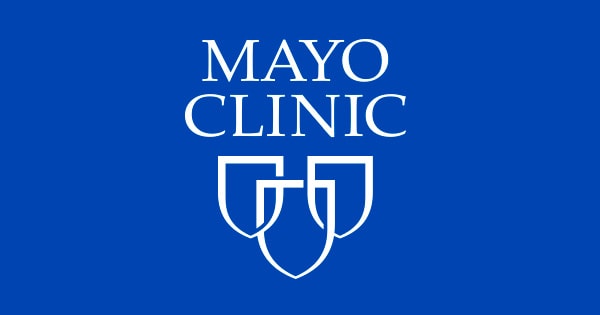A close friend had tinnitus and found out it was caused by a brain tumor called an acoustic neuroma. It's non-cancerous and slow growing tumor. It presses on the hearing nerve and that causes the tinnitus. The only way you can find out if you have this condition is with a MRI. The tumor will continue to grow as you age, but it's more important to know the growth rate. It's a fairly rare condition affecting about 1 in 100K people, but there is a surgical treatment available. He went to Sunnybrook for the surgery sometime last year. Had to wait a number of months since he wasn't in immediate danger.
He was advised to have it removed because he's still fairly young and can deal with a major surgery. The tumor has to be removed at some point so better to deal with it sooner than later. As you age, it gets harder for the body to heal and to deal with things beings removed from the body. He ended up losing hearing in his left ear because the surgery severed the auditory nerve to get at the tumor. Losing hearing was actually not the biggest worry after the surgery.
When you remove the tumor and sever the nerve, the body suddenly has to compensate for the lack of signals from the left ear. He had a bit of trouble walking while his body re-adjusted. He just had to take his time and walk slowly. He had a cane, but wasn't using it that much. I think he was pretty much fine in about 3 to 4 weeks, but there's no strenuous activity and definitely no driving during that time.
That's why it's better to deal with the surgery when you're younger. When you are older you may have other health problems that complicates or slows down the recovery.
He was advised to have it removed because he's still fairly young and can deal with a major surgery. The tumor has to be removed at some point so better to deal with it sooner than later. As you age, it gets harder for the body to heal and to deal with things beings removed from the body. He ended up losing hearing in his left ear because the surgery severed the auditory nerve to get at the tumor. Losing hearing was actually not the biggest worry after the surgery.
When you remove the tumor and sever the nerve, the body suddenly has to compensate for the lack of signals from the left ear. He had a bit of trouble walking while his body re-adjusted. He just had to take his time and walk slowly. He had a cane, but wasn't using it that much. I think he was pretty much fine in about 3 to 4 weeks, but there's no strenuous activity and definitely no driving during that time.
That's why it's better to deal with the surgery when you're younger. When you are older you may have other health problems that complicates or slows down the recovery.








